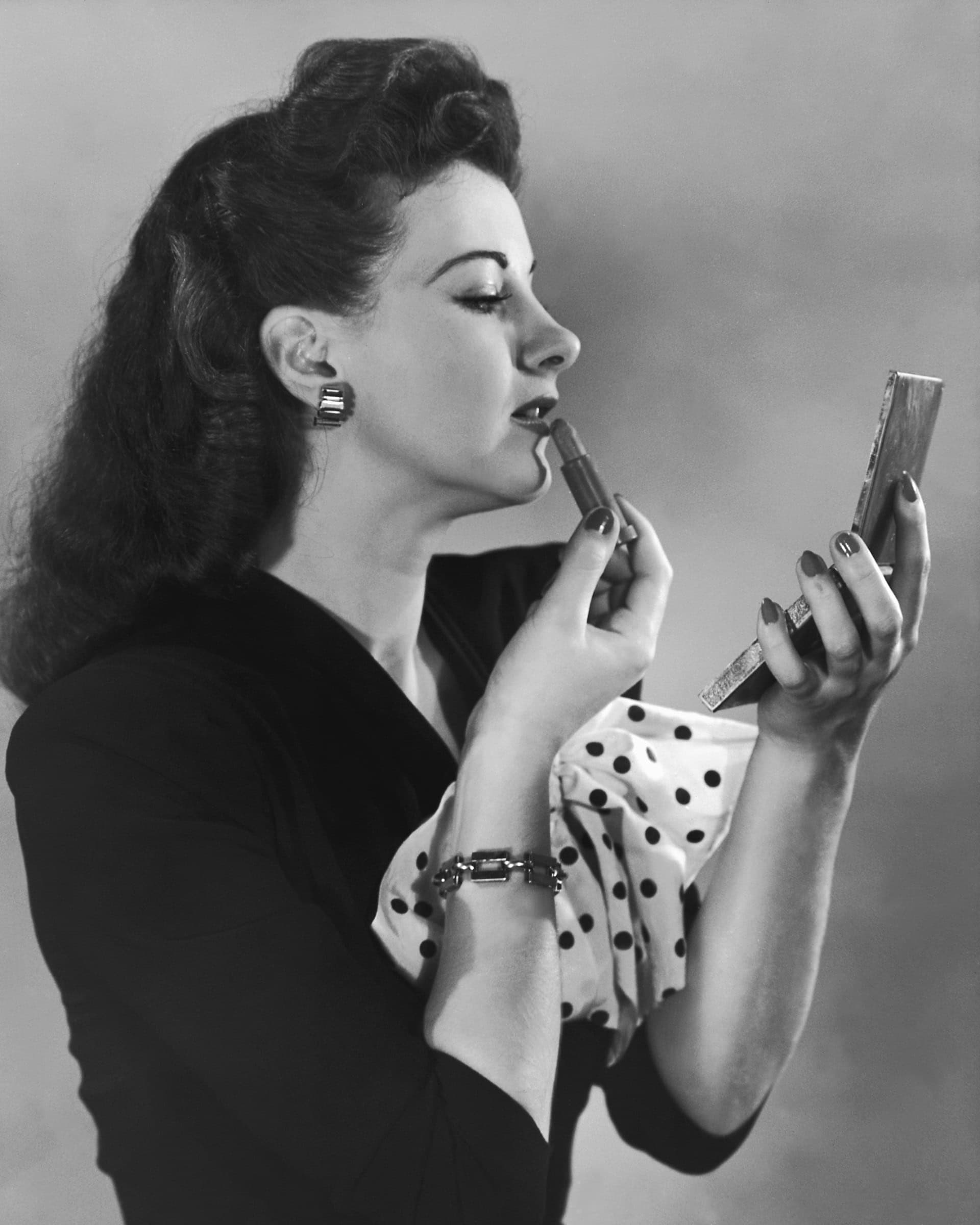Today’s beauty consumers crave more than just sleek packaging and celeb endorsements. Sure, there’s a level of brand loyalty like any industry, but the truth about the beauty business is simple—consumers are more savvy, informed, and deeply invested in brands that resonate with their values and deliver on their promises.
With so many products on the market, the marketing strategies of these products have changed. And the same is true for many industries. A product-centric approach just doesn’t cut it anymore. Too many products are free from harmful chemicals, have a sleek design, are endorsed by someone you know, and have an “innovative formula.” It’s now an experience-driven market, one that we at M&P know how to expertly navigate.
We’ve seen it all. From scaling e-commerce beauty brands to increasing foot traffic through med spa doors, our beauty marketing expertise has found success for many businesses. What it comes down to is simple—we’re a group of marketers who really love what the f*ck we do. Oh, and we’ve collectively spent a ton of money on beauty products to look good even though we all work remotely. TBH, we look good AF.

Beauty marketing is using creative and digital strategies to promote beauty products and services. The goal is to build connections between brands and consumers to enhance brand loyalty and drive sales.
A marketing agency with experience in the beauty business can develop and execute creative and digital strategies to get what you want most—loyalty and sales. Not only are you bringing on a group of people with marketing expertise, but you’re saving time and resources for your business all while maximizing your return.
We use all of our services that feel best for your business! Our services include content marketing, social media, paid search, SEO, website design, and brand photography to market beauty products to customers.
Building a strong online presence is at the forefront of driving people through your doors. This could be through social media or local SEO strategies. For a national brand, SEO and paid search are great tactics, but creating high-quality content also attracts your target demographic.
The beauty industry has a ton of brands all vying for the attention of largely the same customer base. While it may feel like a daunting task to compete, with fine-tuned focus and the right digital and creative strategies, there’s always an opportunity to stand out.

2023 Client Organic Impressions
2023 Client Organic Web Leads
2023 Client Paid Search Leads
Avg. Client Cost Per Lead
Avg. Web Lead To Resident Rate
So many beauty users want to know what the “best” is. Give it to them. If you have a storefront, paid search efforts around geographically relevant keywords is a way to target exactly who you want walking through your door. For more e-commerce based brands, high-volume keywords with little competition get eyeballs on your brand and dollars in the bank. And don’t forget that the beauty biz should be fun. Think witty ad copy that gets your message across but cuts through the boring corporate noise.
You’re in the beauty business. No part of your brand should lack pleasing aesthetics. Your website is that first impression that a client entrusting you with their idea of beauty will see. So, your web design better be on point. Think fresh color palettes that match your brand and look good across all branded material. While aesthetics are important, functionality can’t be forgotten. Sure, a user-friendly interface won’t aggravate your audience, but it’ll also provide an easier way to get them to do what you want—schedule an appointment or make a purchase.
A high-quality image in any industry goes a long way. If anything, the beauty biz is top of the list. If it’s a product, show off the texture, color, and overall quality so customers understand your product. For service-based beauty brands, let’s see the space. Give customers an understanding of familiarity that they can expect when they come see you. A recognizable aesthetic and personality doesn’t only apply to design. It extends to your brand photography too.
We’re not claiming to be experts in this industry. You’re the expert. We’re the experts at the algorithm.
With our unique onboarding process, our team spends hours listening to your vision and then crafts a one-of-a-kind campaign based on our conversation.


Copyright